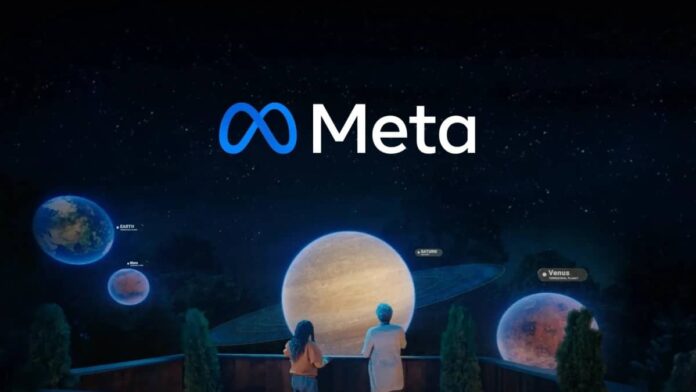[ad_1]
Arturo Béjar, a former director of engineering for Protect and Care at Facebook, has appeared before Congress to testify about the Meta platform’s safety issues. Béjar said Meta “cannot be trusted with our children.” The Senate Judiciary subcommittee hearing titled “Social Media and the Teen Mental Health Crisis.” It aims to keep Meta and other social platforms accountable for their policy toward children.
The children’s safety on Meta platforms has always been a controversial issue for the company. As criticisms rose, the US Senate held hearings to discuss the topic. In 2021, another Meta whistleblower testified and told how Meta could fix its flaws and mitigate its risks for children. Béjar now says he has sent an email to Mark Zuckerberg and other executives back then to warn about potential risks children might face in the company’s platforms.
Meta whistleblower says the company ignored his concerns about harms facing children
Béjar was subpoenaed earlier this year to testify about his emails. He says Meta has done nothing since then, and he hasn’t gotten any response from the recipients. “Meta continues to publicly misrepresent the level and frequency of harm that users, especially children, experience on the platform,” Béjar told the Subcommittee.
Meta whistleblower suggested the tech firm should establish a goal for reducing harm and protecting children on its platforms. “It’s time that the public and parents understand the true level of harm posed by these ‘products,’ and it’s time that young users have the tools to report and suppress online abuse,” Béjar added.
According to Arturo Béjar’s LinkedIn page, he worked at Meta between 2009 and 2015 as engineering director. His team worked on “bullying tools for teens, suicide prevention, child safety, and other difficult moments that people go through.”
Béjar says he initially felt good about his legacy at Meta. However, his daughter and her friends “repeatedly faced unwanted sexual advances, misogyny and harassment” on Instagram” when they were 14. Béjar noted Meta ignored the reports or responded that those actions don’t violate the platform’s rules.
Meta reportedly abandoned Béjar’s legacy
Béjar returned to Meta in 2019 to work on Instagram. However, everything he and his team had done before 2015 was gone, according to Béjar testimony. “The tools we had built for teenagers to get support when they were getting bullied or harassed were no longer available to them. People at the company had little or no memory of the lessons we had learned earlier.” Béjar added.
In response, Meta spokesperson said that every day, “countless people” inside and outside the company work to keep young users safe. The spokesperson further noted they’ve developed features like anonymous notifications of potentially hurtful content and comment warnings. “Working with parents and experts, we have also introduced over 30 tools to support teens and their families in having safe, positive experiences online. All of this work continues,” Meta statement reads.
[ad_2]
Source link
